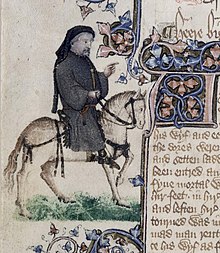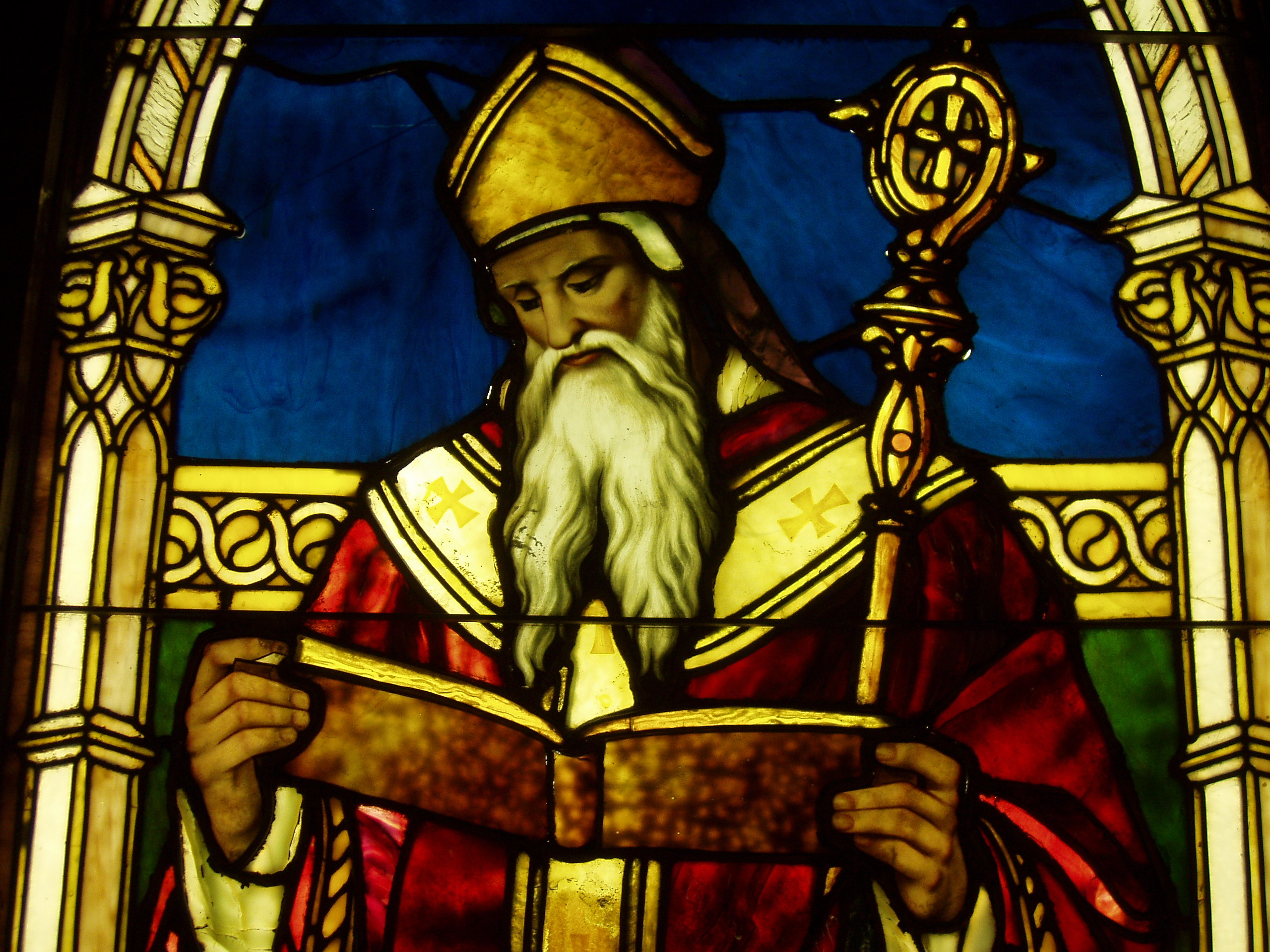The history of the novel, part two
As I’ve been researching I’ve found that
the history of novels is still more complicated than I had previously
supposed. Here is a summary of what I’ve
found.
As we discussed in class, biographies are
an important and ancient part of literature.
The first Western biography happened to be an autobiography, as we
discussed in class, Confessions by
Saint Augustine takes the reader through the early part of the Bishop’s life,
from his childhood until his conversion to Christianity and subsequent baptism
at the age of 33.
While technically a biography, these ‘confessions’ have certain things in common with the summa contra Gentiles of Thomas Aquinas some 800 years later; though not specifically stated, Augustine’s purpose seems to be convincing nonbelievers to follow the same path that he did; however, rather than focusing on the logic of the doctrine, he rather records the spiritual ramifications of what he did during his life.
 |
| Charlemagne-to whom I'm related, incidentally. |
Following his example, the biography became
an important part of early and middle Christian literature. Biographies were kept of important persons,
both secular and religious. Saints,
bishops, priests; a courtier at the time of Charlemagne even wrote a biography
of the king’s life and zealous defense of the faith. The primary purpose of most of these
biographies was to inspire faith in believers and nonbelievers alike.
The first books that resembled modern-day
novels were Romances, or romantic poetry, discussed in some depth last week. These were written in verse rather than
prose, and may have been transcriptions of poetry or oral tradition that the ‘authors’
had heard and recorded. Because of the
oral nature of poetry, there was a tendency towards exaggeration. The earliest romantic poetry was of a very
Arthurian nature; by the 12th century, tales of King Arthur seem to
have been rather popular. Frequently,
these would relate the tale of a knight who would defeat almost insurmountable
odds and mythical enemies for his honor, or for the love of his lady, or defending
some other noble, chivalrous virtue.
 Sometime in the 13th century, written
styles began to shift, and verse was slowly replaced by poetry. There were several reasons for this shift;
first of all, prose was much less likely to exaggerate details, so the stories
were much more believable. Also
important is the ease with which books could be translated; when translating
verse, the translator has to be skilled in poetry in both languages, but when
translating prose, one can simply translate meanings without worrying about
rhyme schemes or meter.
Sometime in the 13th century, written
styles began to shift, and verse was slowly replaced by poetry. There were several reasons for this shift;
first of all, prose was much less likely to exaggerate details, so the stories
were much more believable. Also
important is the ease with which books could be translated; when translating
verse, the translator has to be skilled in poetry in both languages, but when
translating prose, one can simply translate meanings without worrying about
rhyme schemes or meter.
The last development in commercial
literature before the Renaissance was the tradition of the novella. Some of the earliest novellas would be collected into single volumes (much like the Canterbury Tales). Later novellas were very similar to our novels of today, written in prose and widely read very much like our novels, but were much shorter
than classical romances or modern-day novels.
It was typical for a novella to be written about a single event; several
novellas together would tell a story somewhat like what we expect in a novel of
today.
The next great changes in our history of “novels”
don’t happen until printing begins; maybe there will be time for one more post
later?

I didn't realize that some of the first novels were much shorter. The tale of the Genji was fairly long and had more than just one even in it, but I'll bet that as things became easier to be recorded people were able to write more and more. Paper is what changed novels and made them longer. Do you agree?
ReplyDeleteThe idea of "novellas" reminds me of the monthly releases that would appear in magazines from authors like Mark Twain in the 19th century that were like bits and pieces of novels (and were eventually compiled in their entirety to the works we have today).
ReplyDeleteTanner, you're exactly right, novellas were a lot like that. I probably should have mentioned that, I sorta got too caught up in the "pre-renaissance only" thing. Like Twain and Dickens, authors would often publish a story in several small volumes of novellas. Very good catch! ;)
ReplyDeleteMontana, yes, I agree completely. It's just like we talked about in group on Thursday; it wasn't until paper was a cheap, economically feasible resource that it was widely used for pleasure rather than holy writ.
ReplyDeleteI find it interesting that prose in many ways is superior to poetry. In my opinion, poetry is more difficult to write and much more beautiful, however I can easily see the worth of prose. It's much less likely to exaggerate and easier to translate into other languages.
ReplyDeleteI also liked the discussion on biographies. Thanks to these biographies we know so much more about historic events and how people responded/felt!